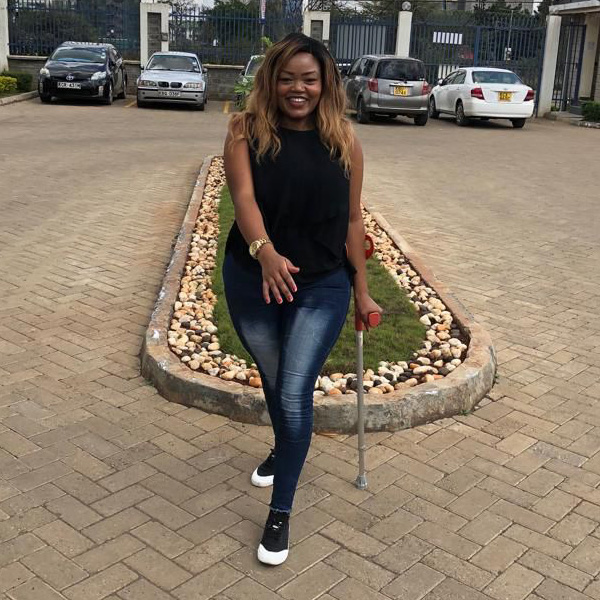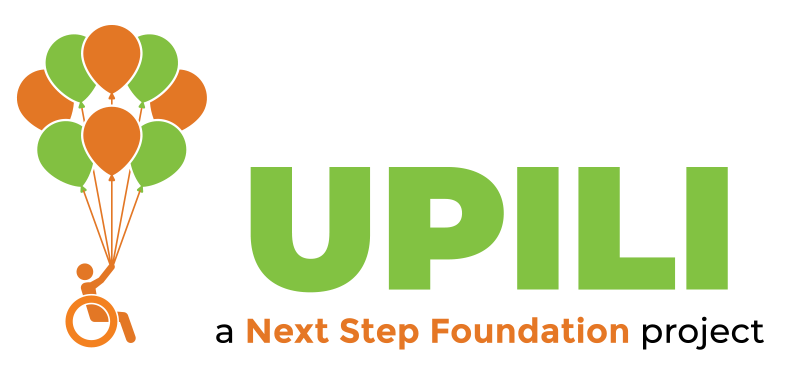Counselors with Disabilities
empowering
Students with Disabilities
The Challenge
Youth with Disabilities are 10 times more likely to suffer from depression, especially in East Africa where stigmatization, marginalization and discrimination is still widespread. The lack of essential psychosocial support creates additional barriers that keep Persons with Disabilities from being able to obtain and maintain meaningful employment.
Next Step Foundation’s Upili Program addresses this pervasive mental health challenge by providing Counselors with Disabilities to support secondary school Students with Disabilities, their families and communities. By meeting the psychosocial needs of these students and training teachers, staff and peers to serve as “psychological first responders,” the Upili Program instills self-confidence, improves academic performance and provides the tools to successfully navigate future discrimination so they can achieve economic independence.
Theory of Change
Group Counseling
Trained Kenyan counselors empowering Students with Disabilities to process past and current traumas
Teacher Training
Educating teachers/staff to serve as Psychological First Responders in support of group therapy sessions
Peer Counselors
Training select group of students to provide peer support, active/reflective listening and mentoring
Caregiver Awareness
Coaching and educating caregivers around disability acceptance and support at home
Support Our Work
Help support the important work the Upili Program is doing
to support the mental health of Students with Disabilities.
Upili Impact
Group Counseling
Using participant’s feedback gathered across time using standard depression and anxiety inventories will provide quantitative evidence of students improved mental health
Behavioral Improvement
Longitudinal data collected from school regarding improved classroom/social behavior with peers will demonstrate Upili’s role in supporting participant’s psychosocial path
Academic Improvement
Tracking participant’s grades and overall academic performance will indicate Upili’s role in advancing participant’s educational path
Number of Recipients
Tracking number of participants receiving our interventions will quantify Upili’s reach and help measure the expansion of our impact over time
Why Upili
Our Team

Carla
Head of Storytelling

Mariam
Fundraising Support Officer

Catherine
Masters in Clinical Psychology
Senior Counsellor
Support Our Work
Help support the important work the Upili Program is doing
to support the mental health of Students with Disabilities.
